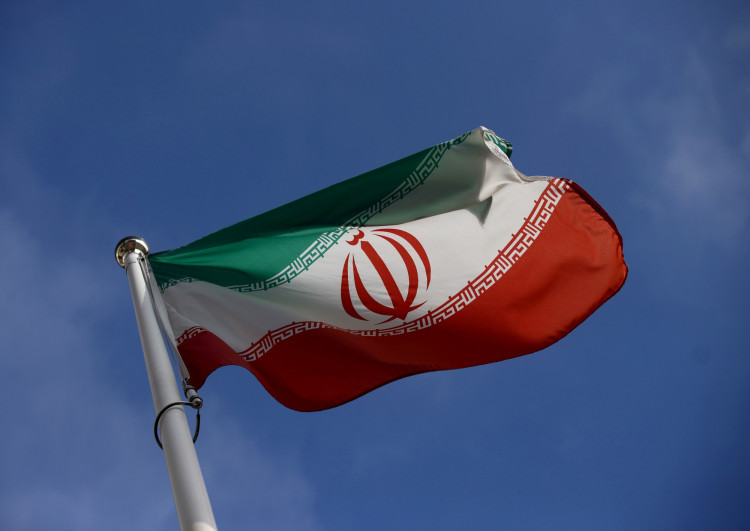Israel launched a series of airstrikes on military sites in Iran early Saturday, marking an escalation in the long-standing tension between the two regional powers. This military action, a direct response to Iran's missile barrage on October 1, 2023, targeted missile manufacturing facilities and other defense infrastructure but notably avoided critical oil and nuclear sites. The Israeli Defense Forces (IDF) confirmed that several waves of strikes were completed, aimed at diminishing Iran's missile capabilities, with warnings issued to Tehran not to retaliate.
The attack comes amidst heightened conflict across the Middle East, with wars raging in Gaza and Lebanon. Israel's strikes on Iranian military targets are seen as a calculated response, designed to avoid a full-scale confrontation while still demonstrating Israel's ability to strike back decisively. Two Iranian soldiers were reported killed, and Iranian authorities claimed their air defenses had managed to thwart much of the attack, minimizing damage.
The strike represents a significant moment in the broader regional conflict involving Israel, Iran, and their respective allies, especially Hamas and Hezbollah, the latter of which has been actively engaging Israeli forces from Lebanon. Tehran has vowed a "proportional response" to the Israeli strikes, though details of when or how that might occur remain unclear.
The October 1 missile barrage, in which Iran launched approximately 200 missiles targeting Israel, had been a significant moment of provocation. Although it resulted in minimal casualties on the Israeli side, with only one person killed in the West Bank, it underscored the intensifying regional tensions and prompted Israeli leaders to authorize military retaliation.
The strikes were carried out with advance notice given to the United States, Israel's closest ally and primary supplier of arms. U.S. President Joe Biden had reportedly cautioned Israeli officials against targeting Iran's nuclear facilities or oil infrastructure, a step that could risk a broader regional war. Israeli Prime Minister Benjamin Netanyahu and Defense Minister Yoav Gallant oversaw the operation from the IDF's command center in Tel Aviv, with close communication maintained between Israeli and U.S. defense officials throughout the strikes.
In response to months of continuous attacks from the regime in Iran against the State of Israel—right now the Israel Defense Forces is conducting precise strikes on military targets in Iran.
The regime in Iran and its proxies in the region have been relentlessly attacking… pic.twitter.com/OcHUy7nQvN — Israel Defense Forces (@IDF) October 25, 2024
Israel has been cautious not to broaden the scope of the conflict beyond necessary military targets. Still, the response from Tehran could determine the next phase of this escalating tension. Iranian state media downplayed the effectiveness of the Israeli strikes, emphasizing that their air defenses had performed well and that damage was limited. Videos aired in Iran showed Tehran's airports and other key infrastructure continuing normal operations, reinforcing this message of resilience.
However, hardliners in Iran are already calling for a firm response. Several Iranian political figures argue that Israel's actions violated Iran's sovereignty and that retaliation is not only justified but necessary. The internal debate within Iran now hinges on whether to escalate or to heed the calls from allies, including Saudi Arabia and other Gulf states, for restraint in the face of rising regional instability.
Amidst these developments, efforts to mediate ceasefire agreements in Gaza are ongoing. Negotiations are expected to resume in Doha, where international mediators hope to broker a deal that could cool some of the regional tensions and pave the way for a broader peace initiative. However, with Iran and Israel both standing firm on their respective positions, a long-term solution to the conflict seems distant.




